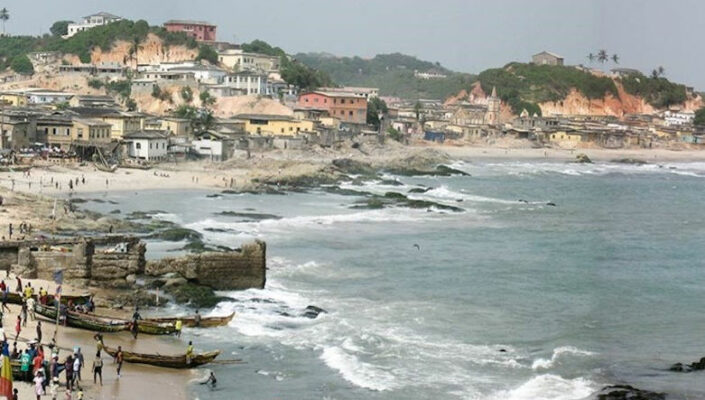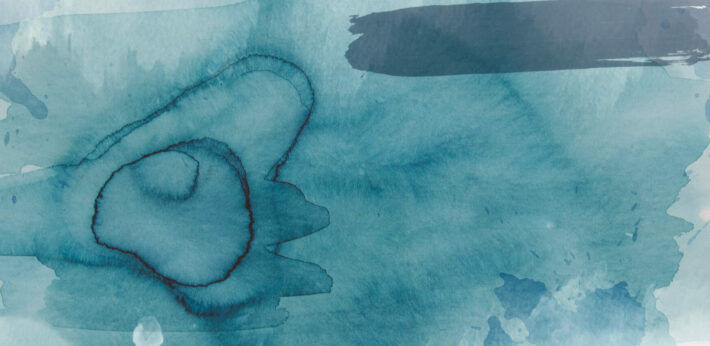European Colonisation, Law, and Indigenous Marine Dispossession

Accra, Ghana. Credit: Shutterstock

“The rights of Indigenous Peoples and local communities to marine spaces and resources have received some affirmation within recent international legal instruments, including the protection of customary marine tenure and access to aquatic resources. Yet, even where the rights and jurisdictions of Indigenous Peoples and local communities have been acknowledged after decades (and centuries) of marine dispossession, there continues to be key constraints surrounding the definitions, representations, and jurisdictions of Indigenous or ‘customary’ marine rights as they have been codified or ‘recognised’ within national and interstate frameworks. This has led to fundamental challenges that need to be navigated time and time again in order to attain, claim, or protect Indigenous and ‘customary’ marine jurisdictions. The emergence of these issues is intrinsically tied to the colonisation of terrestrial and marine spaces, which erected nation-state and inter-state ocean governance structures that Indigenous Peoples and local communities continue to contend with to this day. In order to understand these ongoing struggles, we need to pay close attention to the deep entanglements of law, colonialism, and marine rights in the past and present. Drawing from historical studies of colonialism and marine dispossession, this article discusses the key themes of inter-societal legal pluralism, coastal and maritime sovereignty, and the construction of ‘customary’ law, ‘Indigeneity’, and ‘traditional’ usage rights, arguing that these are issues that must be fully investigated if the livelihoods and customs of coastal communities are to be meaningfully supported and secured, especially within national frameworks that emerged from colonial contexts…”